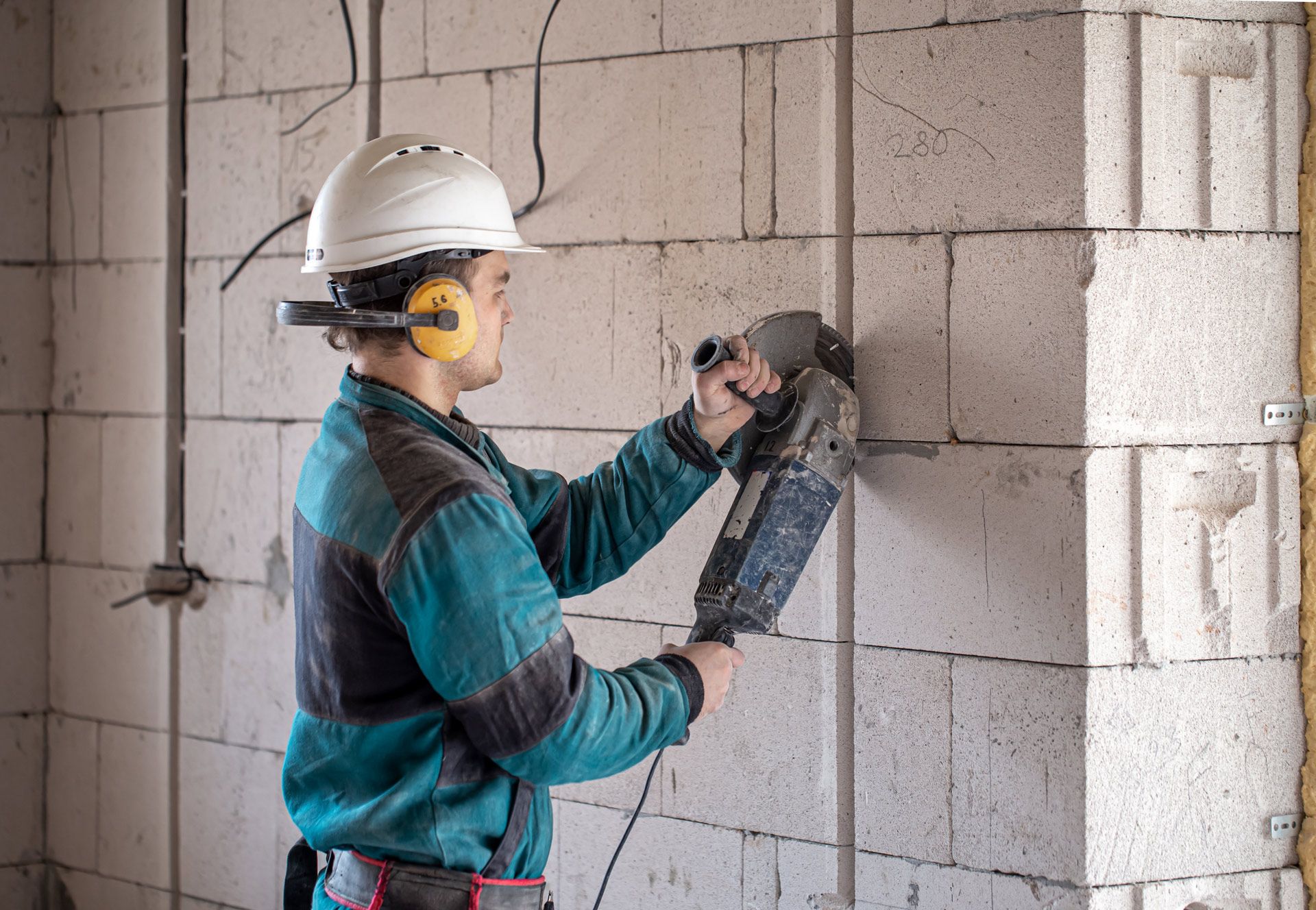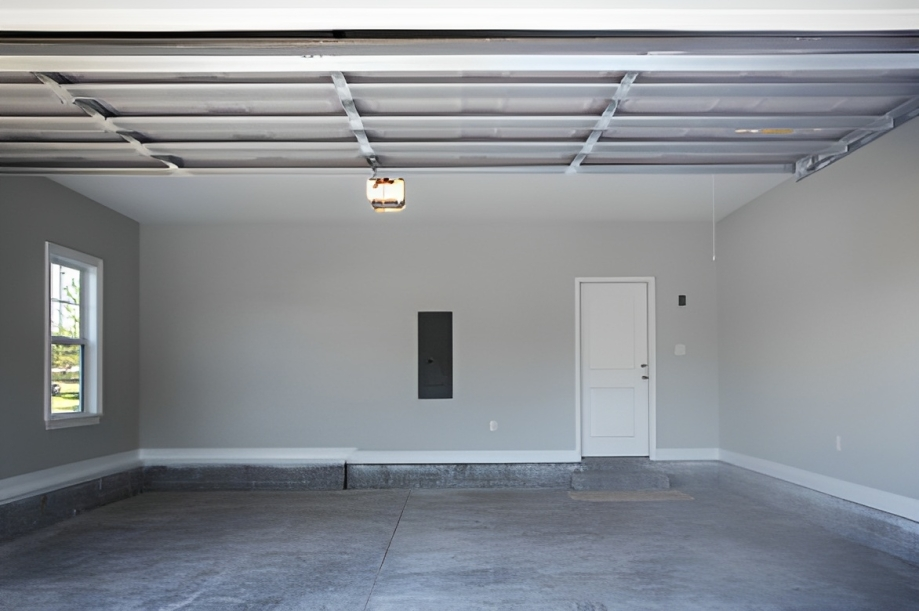Leveraging Home Inspection Reports for Negotiating Property Repairs with Sellers

Buying a home? There's a step you can't afford to skip – the home inspection. Think of it as your secret weapon in negotiating with the seller. When issues pop up in the inspection report (and they often do), you've got leverage. This guide isn't just about reading the report; it's about turning those findings into negotiation power. Let's dive into how you can use the nitty-gritty details of a home inspection to talk down those repair costs or even sweeten the deal before you sign on the dotted line.
Why Home Inspections Are Crucial
Imagine buying a car without checking under the hood – sounds risky, right? The same goes for buying a house. Home inspections are that peek under the hood, ensuring you know exactly what you’re getting into. These inspections dive deep into the property's condition, uncovering everything from minor cracks to major structural issues.
Here’s the deal: Home inspections help you spot problems before you buy, saving you from nasty surprises down the line. They cover the works - electrical systems, plumbing, roofing, insulation, and much more. It's not about finding a perfect house but knowing its flaws inside and out. This knowledge is power, especially when it's time to talk numbers with the seller.
Now, with a clear understanding of the house's condition, you’re in a stronger position to negotiate. Think about it - if you find out the roof needs replacing or the plumbing is last century’s, you’re not just going to shrug and move on. You’re going to use that info to either get a better deal or have the seller fix the issues. That’s why skipping a home inspection is a gamble you don’t want to take.
Understanding Your Home Inspection Report
Got your home inspection report in hand? Great! Now, let’s decode it. This document is more than just a checklist; it’s a blueprint for your next steps. Understanding it is key to leveraging it in negotiations.
First up, reports are detailed. They’ll list everything from minor issues like a leaky faucet to big-ticket items like foundation cracks. Not all findings are deal-breakers, but they all play a role in your decision-making. Here’s how to tackle it:
- Prioritize the Issues: Not all problems are created equal. Some, like electrical faults or structural damage, are urgent and costly. Others might be cosmetic and easy to fix. Know the difference.
- Research Repair Costs: Got a list of concerns? Time to ballpark how much they’ll set you back. Online estimates or quotes from local contractors can give you a rough idea.
- Consider the Deal-Breakers: Some issues might be too big to overlook. Major structural problems or safety hazards? They could be your cue to negotiate hard or even walk away.
This report isn’t just a formality; it’s a snapshot of what you’re buying into. By understanding its contents, you can make informed decisions, whether that’s negotiating repairs, adjusting the offer price, or deciding some issues aren’t worth the hassle.
Preparing for Negotiations
So, you’ve dissected your home inspection report and understand what you’re up against. Now, it’s game time – negotiation. But before you dive in, let’s get you prepared. Here’s how to arm yourself for the discussion ahead:
- Set Your Priorities Straight: Not everything in your report will be a hill to die on. Decide what’s most important to you. Is it the major repairs like the roof or HVAC system, or are there safety concerns that need immediate attention? Knowing your non-negotiables will make negotiations smoother.
- Get Your Evidence Ready: Your inspection report is your best friend here. Highlight the significant issues that you’re concerned about. Pictures, estimates for repairs, and even expert opinions can bolster your case.
- Know Your Limits: Before you start, understand how far you’re willing to go. Have a clear idea of what concessions you’re seeking, whether it’s a lower purchase price, repairs before closing, or even seller credits at closing. Also, know your walk-away point.
Negotiating repairs is a delicate dance. It’s about finding a balance between what you’re willing to accept and what the seller is willing to offer. Remember, it’s not just about demanding repairs or concessions; it’s about reaching an agreement that feels fair to both parties.
Here’s a tip: Approach negotiations with a problem-solving mindset. You and the seller have a common goal – closing the sale. Framing your requests as solutions rather than demands can lead to a more productive conversation.
Negotiating Repairs with the Seller
Armed with your home inspection report and a clear negotiation strategy, it's time to bridge the gap between what the report revealed and sealing the deal. Here’s how to use your findings as leverage effectively:
- Open with Clear Communication: Start the conversation by clearly presenting the issues highlighted in the inspection report. Be straightforward but fair, emphasizing your interest in a mutually beneficial resolution.
- Propose Solutions, Not Problems: Instead of just listing problems, suggest feasible solutions. Whether it’s repair work that needs to be done or adjusting the sale price, presenting options shows you’re reasonable and solution-focused.
- Leverage Repair Estimates: Use repair estimates to back up your requests. This adds credibility to your claims and helps quantify your negotiation points.
- Consider Creative Concessions: Sometimes, it’s not just about fixing things. Sellers might offer a price reduction, a credit at closing, or even an extended warranty. Be open to different forms of compensation that make the deal work for both of you.
- Stay Flexible but Firm: Negotiations involve give-and-take. While it’s important to stick to your priorities, being too rigid can stall progress. Balance firmness with flexibility to keep the negotiations moving forward.
Remember, the goal is to reach an agreement that addresses your concerns without derailing the sale. Successful negotiation hinges on effective communication, realistic expectations, and a willingness to compromise.
Legal and Financial Considerations
Navigating the negotiations following a home inspection involves more than just agreeing on repairs or price adjustments. There are legal and financial nuances that you should be aware of to ensure the process works in your favor.
- Understand Contractual Obligations: Your purchase agreement likely includes provisions for the home inspection and subsequent negotiations. Familiarize yourself with these terms. Some contracts may allow buyers to walk away based on inspection results, while others might require negotiations within a certain timeframe.
- Escrow Adjustments: If repairs are agreed upon, consider how these will be handled financially. It’s common for repair credits to be placed in escrow rather than directly reducing the sale price. This ensures funds are specifically allocated for repairs post-closing.
- Mortgage Considerations: Major repairs can affect your mortgage approval. Lenders may require certain repairs to be completed before closing to ensure the property meets their appraisal standards. Communicate with your lender about any negotiated repairs or price adjustments.
- Inspection Contingencies: Use the inspection contingency in your contract to your advantage. This clause allows you to renegotiate or withdraw without penalty if significant issues are discovered. It’s a critical safety net that protects your interests.
- Legal Advice: When in doubt, consult with a real estate attorney. They can provide valuable insights into your rights and obligations, ensuring you navigate the negotiation process legally and effectively.
The Role of Real Estate Agents
In the maze of negotiating repairs, your real estate agent is your guide and advocate. Their expertise is invaluable, not just in finding your dream home but also in ensuring you move into it on the best terms possible. Here's how they make a difference:
- Expert Negotiators: Agents negotiate for a living. They know how to present your requests in a way that's compelling to sellers. Their experience means they're familiar with what's reasonable to ask for and what's not, saving you from potential missteps.
- Market Savvy: Your agent knows the local market inside out. They can advise on whether your negotiation requests are in line with current market conditions, ensuring you remain competitive without overstepping.
- Professional Network: Agents have a network of trusted professionals – from home inspectors to contractors. They can get you accurate repair estimates and even recommendations for quality work.
- Administrative Allies: Navigating the paperwork and deadlines associated with home buying can be daunting. Your agent keeps track of all the details, ensuring you meet all legal and contractual obligations.
- Emotional Support: Let's face it; negotiations can be stressful. Your agent is there to offer support, provide clarity, and keep things in perspective, helping you make informed decisions without getting overwhelmed.
Leveraging your real estate agent's expertise not only smoothens the negotiation process but also enhances your chances of a favorable outcome. They're not just agents; they're your strategic partners in the home-buying journey. With their support, you can navigate the complexities of negotiation with confidence and ease.
When to Walk Away
Even with the best negotiation tactics, there are times when walking away from a property is the smartest move. Knowing when to let go can save you from future headaches and financial strain. Here are signs that it might be time to walk:
- Major Structural Issues: Discoveries like significant foundation problems, severe water damage, or pervasive mold can be costly to repair and may pose long-term risks to your health and safety. If the seller is unwilling to address these issues or if the cost of repairs exceeds what you’re willing to invest, stepping back is wise.
- Seller Inflexibility: Negotiation is a two-way street. If the seller is unwilling to budge on critical issues identified in the inspection report, or if their counteroffers don’t align with your priorities, it might indicate future challenges in closing the deal.
- Financial Overstretch: If the negotiation leads to a situation where you’re financially overextended, either due to a high purchase price or the anticipated cost of repairs, reconsider. Your home should be a source of comfort, not financial stress.
- Better Opportunities: Sometimes, the market is ripe with alternatives that better meet your needs. If you find yourself making too many compromises on a property, it might be worth exploring other options.
- Gut Feeling: Never underestimate your instincts. If something feels off about the deal or if you have significant doubts, trust yourself. There will be other properties, and the right one will come along.
Walking away can be tough, especially when you’ve invested time and emotion into a property. But remember, purchasing a home is a significant investment.
Conclusion
Navigating the waters of home buying, especially the negotiation phase following a home inspection, can feel like a high-stakes game. However, armed with a comprehensive home inspection report, a clear understanding of your priorities, and the right negotiation strategies, you can turn this phase into an opportunity to secure the best possible deal on your future home.
Utilizing the expertise of real estate professionals, understanding the legal and financial implications, and maintaining open, honest communication with the seller are key to a successful negotiation. With these strategies in place, you’re not just buying a house; you’re investing in a home that meets your needs, both now and in the future.
Buying a home is a journey, and while it may have its challenges, the reward of finding your perfect space is unparalleled. So, approach the negotiation table with confidence, armed with the knowledge and tactics you need to make the best decisions for your future.
Navigating the waters of home buying, especially the negotiation phase following a home inspection, can feel like a high-stakes game. However, armed with a comprehensive home inspection report, a clear understanding of your priorities, and the right negotiation strategies, you can turn this phase into an opportunity to secure the best possible deal on your future home.
Choose Structural Works Group Inc. for top-notch structural solutions that ensure the longevity and safety of your buildings. Their team of seasoned professionals employs cutting-edge techniques to tackle any structural challenge, delivering personalized, cost-effective services. With their unwavering commitment to excellence and customer satisfaction, Structural Works Group stands as your go-to partner for enhancing the structural resilience of your assets.










